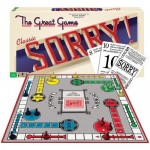Unit 1: Traditional/Folk games since antiquity
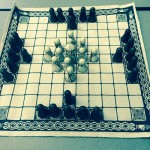 M 5/9: Introduction to the Class. Syllabus and requirements. Why study games? Why study the history of games? Aims of the class. Resources. History and Games. Historical methods. Games as primary sources. Components of a game. Analysis of game design, Czikszentmihalyi’s concept of “flow.” Hands-on: Royal Game of Ur, S’net, Wei-qi/Go, Dominoes, Mancala/Wari
M 5/9: Introduction to the Class. Syllabus and requirements. Why study games? Why study the history of games? Aims of the class. Resources. History and Games. Historical methods. Games as primary sources. Components of a game. Analysis of game design, Czikszentmihalyi’s concept of “flow.” Hands-on: Royal Game of Ur, S’net, Wei-qi/Go, Dominoes, Mancala/Wari
Tu 5/10: Antiquity through seventh century (600s) in Egypt, China, and Europe. Readings (3): Peters Piccione, “In Search of the Meaning of Senet” (http://gamesmuseum.uwaterloo.ca/Archives/Piccione/); Mihaly Csikszentmihalyi, “Enjoyment and the Quality of Life,” Flow: the Psychology of Optimal Experience, pp. 43-70; Peter Shotwell, Go! More than a Game, pp. ix-24. Hands-on: Royal Game of Ur, S’net, Wei-qi/Go, Mancala/Wari, Hnafatafl (Viking game), Tabula (backgammon), dice games, dominoes
W 5/11: Tenth century (900s) through sixteenth century (1500s) in China, India, and Europe. Hands-on: Wei-qu/Go, Hnafatafl, Backgammon, Chess, Card games. Reading: Peter Shotwell, Go! More than a Game, pp. ix-24 (read it again and get ready for Go)
Unit 2: The Evolution of Tabletop Gaming
Th 5/12: The Victorian tug-of-war between “massmarket”, “hobby”, and “lifestyle” games. We’ll examine Margaret Hofer, The Games We Played in class & copy of Mansion of Happiness. Reading: Jill Lepore, “The Mansion of Happiness,” The Mansion of Happiness: A History of Life and Death, pp. xv-xxxiii. Hands-on: Chess, Card games, Crokinole, Tiddlywinks, ‘Parlor’ games (e.g., Taboo, Categories, Charades).
∞ F 5/13: American Mass-market (“Ameritrash”) games & the rise of Game Theory
Hands-on: Monopoly, Parcheesi, Life (or Tactics II).
M 5/16: Real wars and Wargames (Kreigspiel/H. G. Wells’ “Little War”). Reading: Jon Peterson, Playing at the World, pp. 5-20. Hands-on: Risk, AH Tactics II*, AH Gettysburg (15th)*, A House Divided*, Twilight Struggle*, Hammer of the Scots*, A Distant Plain, Battlelore*, Axis & Allies
Unit 3: Role Playing Games from the Cold War [led by D. Jay Cervino]
∞ T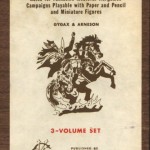 u 5/17: The hobby/RPG/videogame explosion of the 1980s. Readings (2): Jon Peterson, Playing at the World, excerpts from pp. 303-313; AND Alan Scherstuhl, “Are Dungeons & Dragons Players in a Cult? These Hilarious Warning Signs From 1989 Prove It,” The Village Voice, Apr. 20 2014 (http://blogs.villagevoice.com/runninscared/2014/04/are_dungeons_dragons_players_in_a_cult.php)
u 5/17: The hobby/RPG/videogame explosion of the 1980s. Readings (2): Jon Peterson, Playing at the World, excerpts from pp. 303-313; AND Alan Scherstuhl, “Are Dungeons & Dragons Players in a Cult? These Hilarious Warning Signs From 1989 Prove It,” The Village Voice, Apr. 20 2014 (http://blogs.villagevoice.com/runninscared/2014/04/are_dungeons_dragons_players_in_a_cult.php)
∞ W 5/18: D&D Adventure begins. No reading, but you should be working on final projects out of class.
∞ Th 5/19: D&D Adventure completes. No reading, but you should be working on final projects out of class.
Unit 4: “Eurogames” and hobby tabletop gaming
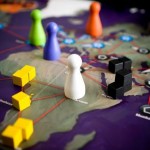 F 5/20: The International Return of Small Market/Hobby Gaming, 1960s-2000s. Reading: Steward Woods, Eurogames, “The Eurogame genre”, pp. 79-119. Hands-on: Contemporary hobby games (lots of them). Opportunity to work on final projects.
F 5/20: The International Return of Small Market/Hobby Gaming, 1960s-2000s. Reading: Steward Woods, Eurogames, “The Eurogame genre”, pp. 79-119. Hands-on: Contemporary hobby games (lots of them). Opportunity to work on final projects.
M 5/23: Are we in the Golden Age of Hobby Tabletop Gaming? Hands-on: Contemporary hobby games (lots of them). Opportunity to work on final projects. No reading, but you should be working on final projects out of class.
T 5/24: Are we in the Golden Age of Hobby Tabletop Gaming? Hands-on: Five new contemporary hobby games (lots of them). No reading, but you should be working on final projects out of class.
Unit 5: Video Games and the Future of Play
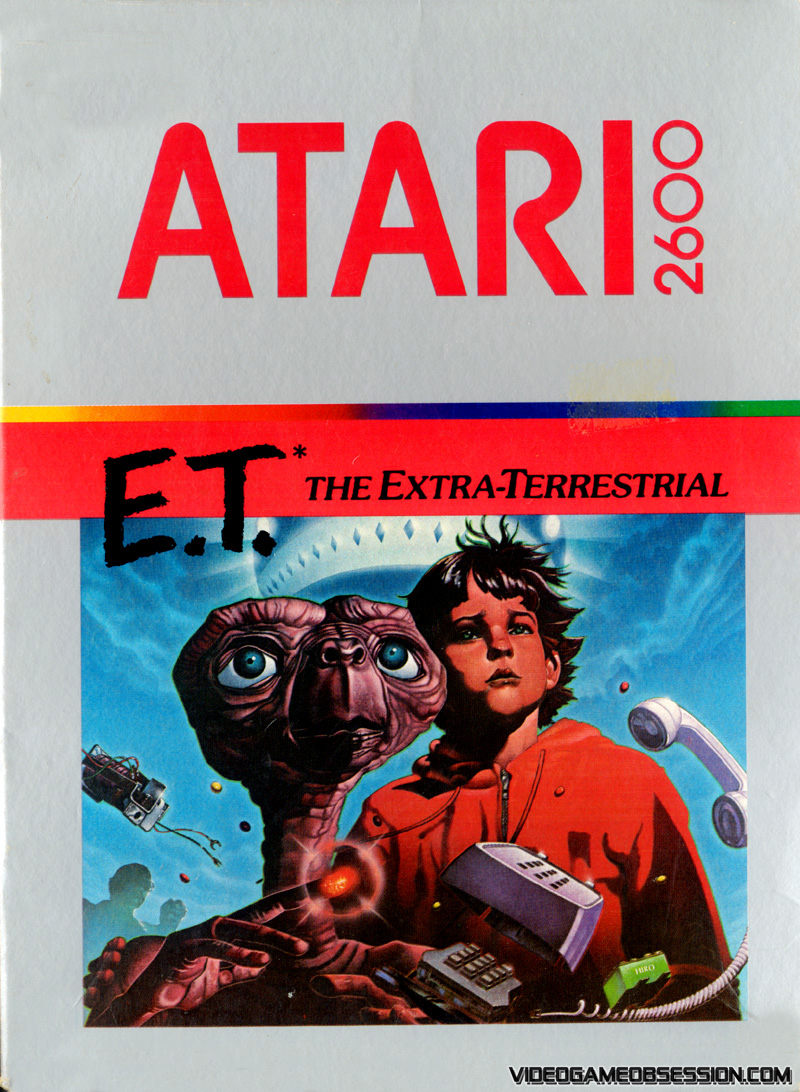 W 5/25: When coin-op was king. Reading: Jane McGonigal, Reality is Broken (excerpts)
W 5/25: When coin-op was king. Reading: Jane McGonigal, Reality is Broken (excerpts)
Th. 5/26: Apps or tabletop games? “Flow” and “pinch”. Bring iPads/Pods/Androids and/or laptops! No reading, but you should be finishing up final projects out of class.
∞ F 5/27: FINAL PROJECT PRESENTATIONS and wrap up.
